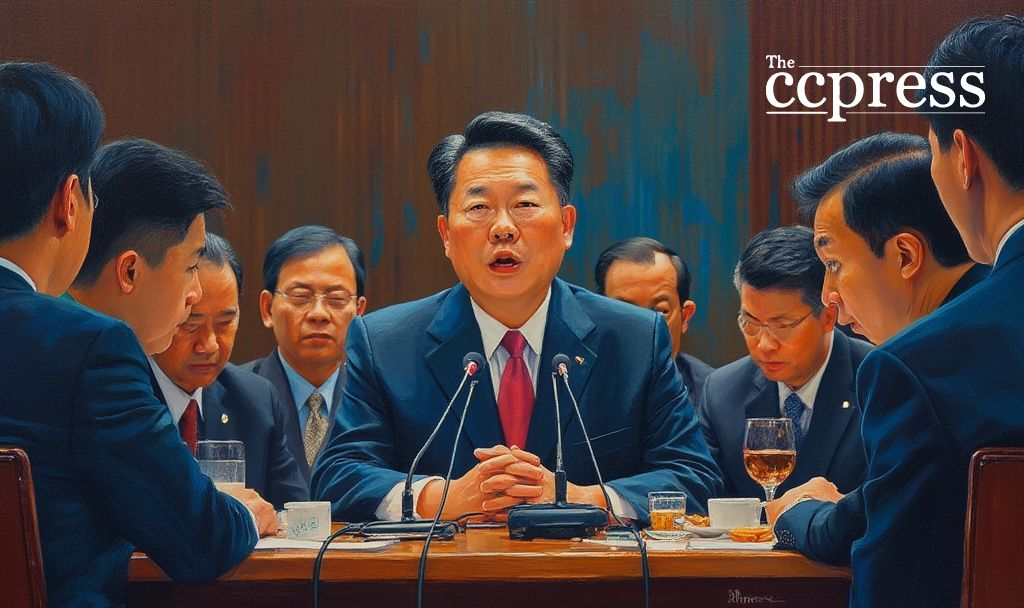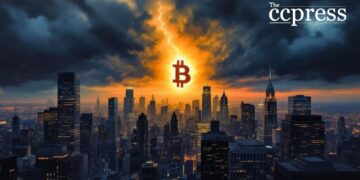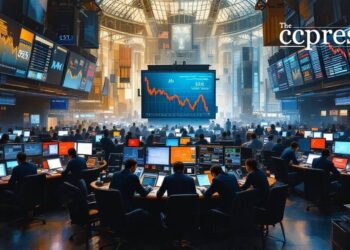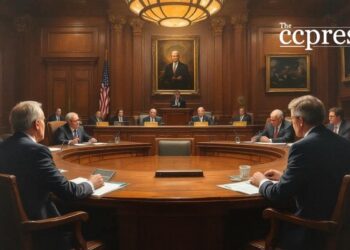- 20% of South Korean officials hold cryptocurrency assets.
- Total assets valued at $9.8 million.
- Regulatory actions impact cryptocurrency exchanges.

South Korea’s Ethics Commission disclosed that over 20% of high-ranking public officials possess a total of $9.8 million in cryptocurrency as of March 27, 2025.
The disclosure highlights increased transparency of South Korean public officials’ finances, though markets showed no immediate reaction.
The Government Public Ethics Committee in South Korea released the “2025 Regular Property Change Report for Public Officials,” revealing that 411 out of 2,047 officials reported cryptocurrency holdings. Total crypto assets valued at approximately $9.8 million, with an average holding of 35.07 million won per official.
Kim Hye-young, a member of the Seoul Metropolitan Council, is the largest crypto holder with 1.7 billion won in various cryptocurrencies. Kim stated:
“As the largest holder among public officials, my portfolio includes 16 different cryptocurrencies, reflecting the growing acceptance of digital assets.”
Following her are Choi Min-gyu and Kim Ki-hwan, holding significant crypto assets in their portfolios.
Officials’ disclosures are part of a continuing mandate requiring high-ranking officials to detail virtual asset ownership, effective since January 1, 2024. The policy targets officials of level four or higher grades.
The Financial Intelligence Unit (FIU) has increased monitoring of unregistered overseas exchanges by restricting access. Additionally, South Korea blocked 17 exchanges on Google Play for failing to register.
These actions strengthen the government’s cryptocurrency oversight. However, market impacts remain steady as crypto markets adjust to regulatory frameworks. Enhanced transparency among officials bolsters accountability but poses no immediate financial shifts.
Growing government regulations may prompt more stringent monitoring and enforcement within the crypto industry. Compliance and registration with local financial authorities could see an increase as the regulatory net tightens. Historical trends show heightened regulation often leads to stricter global standards.


























